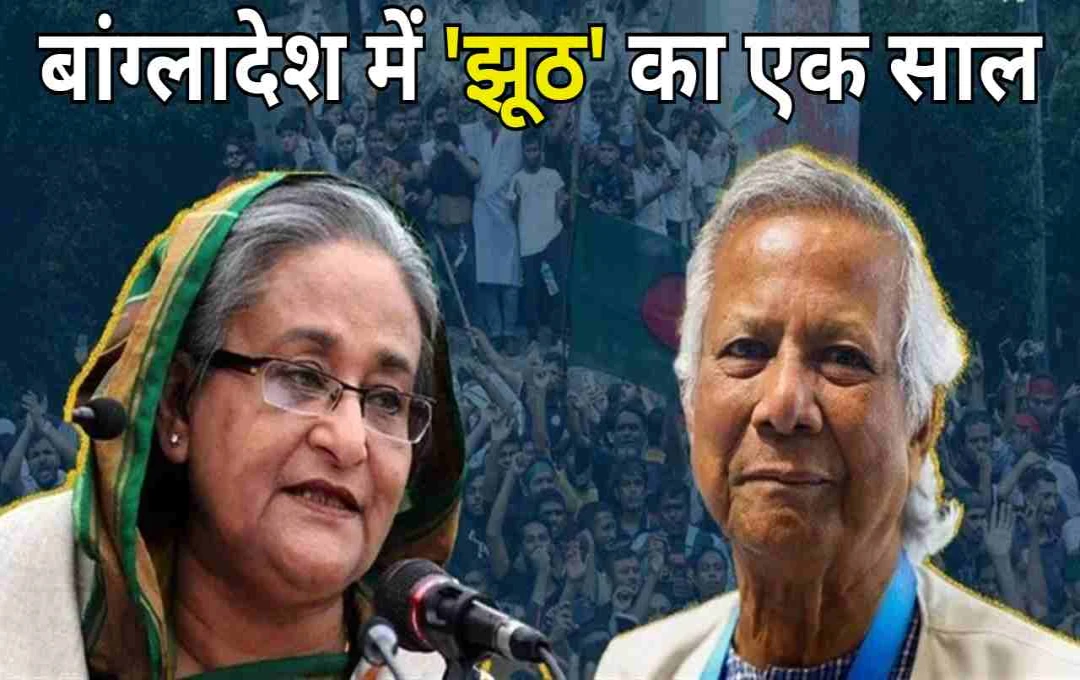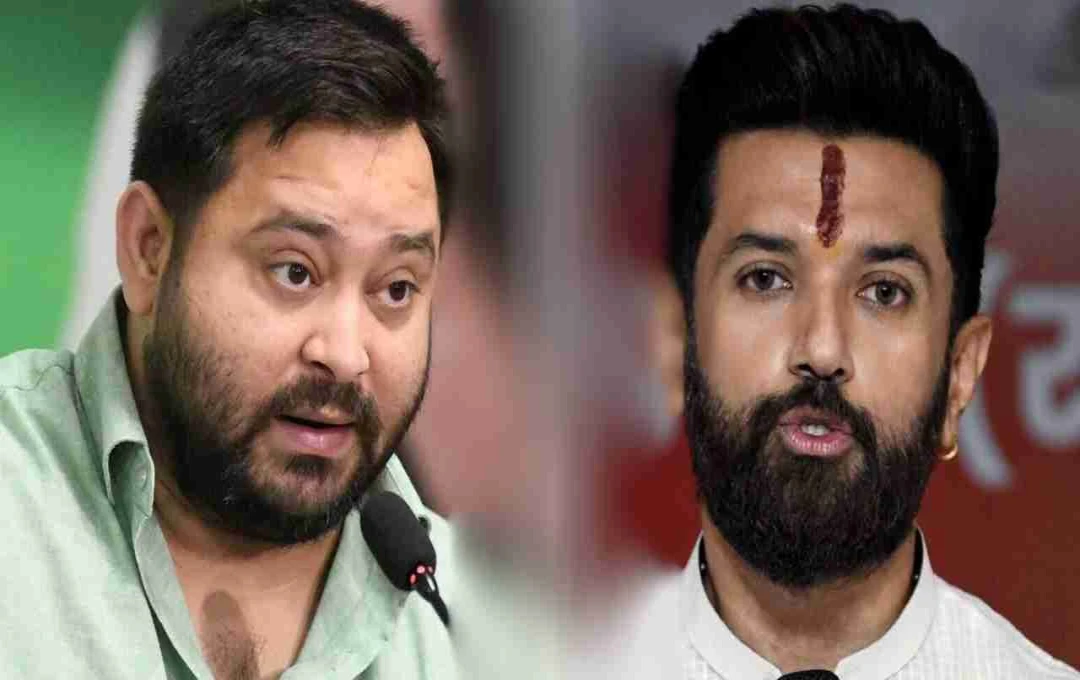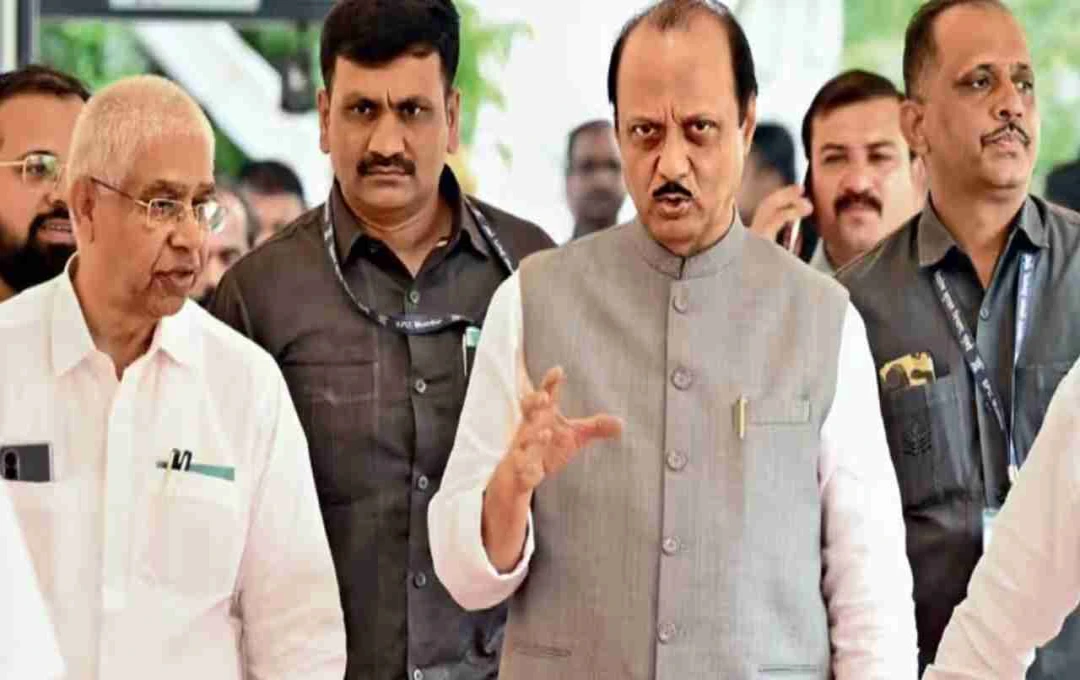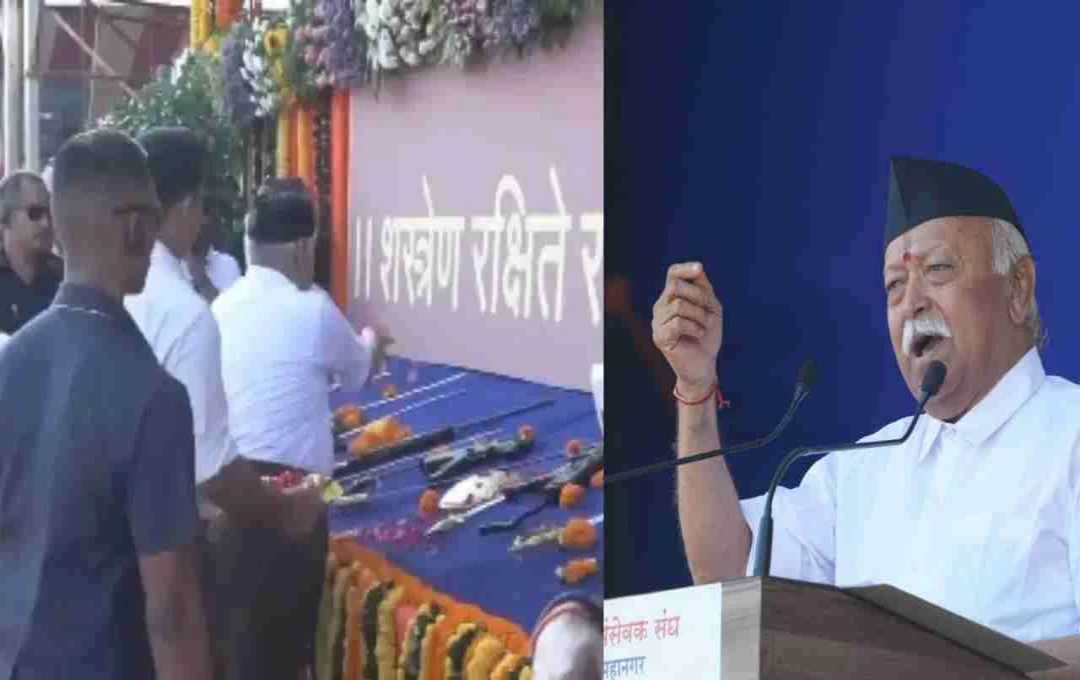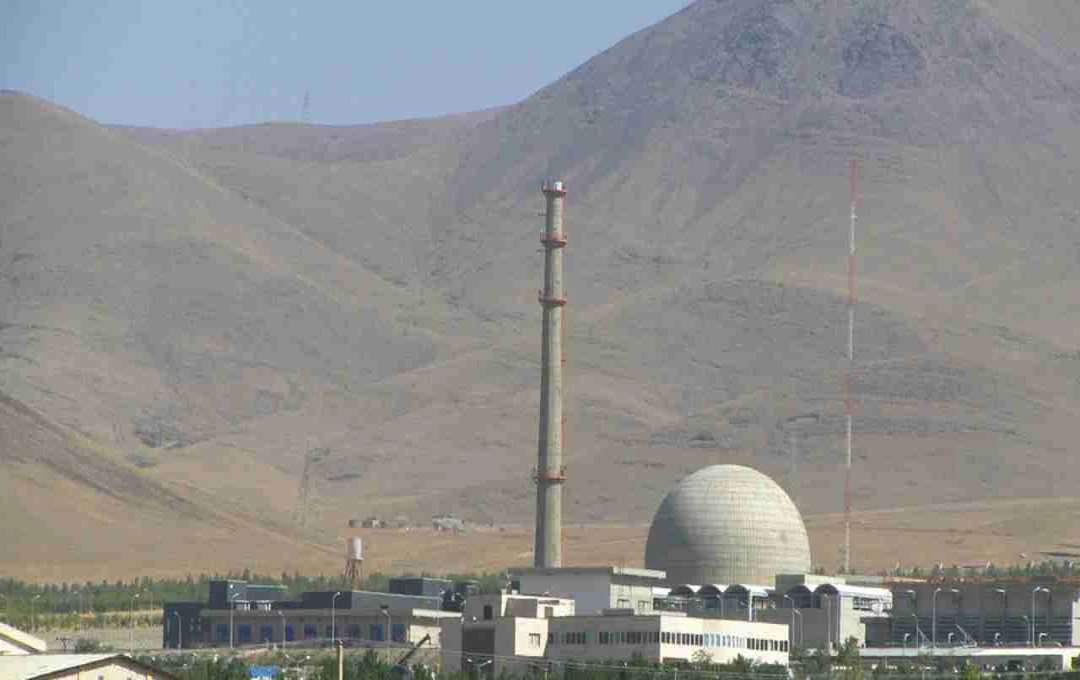August 5, 2024, marks a date etched in the history of Bangladesh as a dark chapter. On this day, the democratically elected Awami League government of the then Prime Minister Sheikh Hasina was forcibly overthrown.
Dhaka: August 5, 2024, marks the completion of one year since the change of power in Bangladesh. However, this change was not democratic, but a well-planned and foreign-inspired coup, which has pushed the country towards instability, communalism, and external interference. The so-called interim government, led by Nobel laureate Muhammad Yunus, has retained power instead of restoring democracy. In this one year, five major myths have been debunked, exposing the truth of this coup.
1. Not a Mass Movement, but a Radical Conspiracy Formed the Basis of the Power Shift
When Sheikh Hasina's government was removed last year, it was presented on international platforms as a student movement. But it soon became clear that radical organizations like Jamaat-e-Islami were behind it. Jamaat, which sided with Pakistan against the independence of Bangladesh in 1971, is once again working on the Pakistani agenda. This time, it also received support from China and some Western powers, and Muhammad Yunus emerged as the face of this alliance.
2. Not Constitutional Governance, but a Takeover by Radicals
The interim arrangement under which Muhammad Yunus's government assumed power is not mentioned in the Constitution of Bangladesh. By giving space to radical organizations like Hizb-ut-Tahrir and Hifazat-e-Islam in the government, Yunus made it clear that his government is not democratic, but is advancing the agenda of a Sharia-based caliphate. This has created a major crisis for the secular identity of Bangladesh.
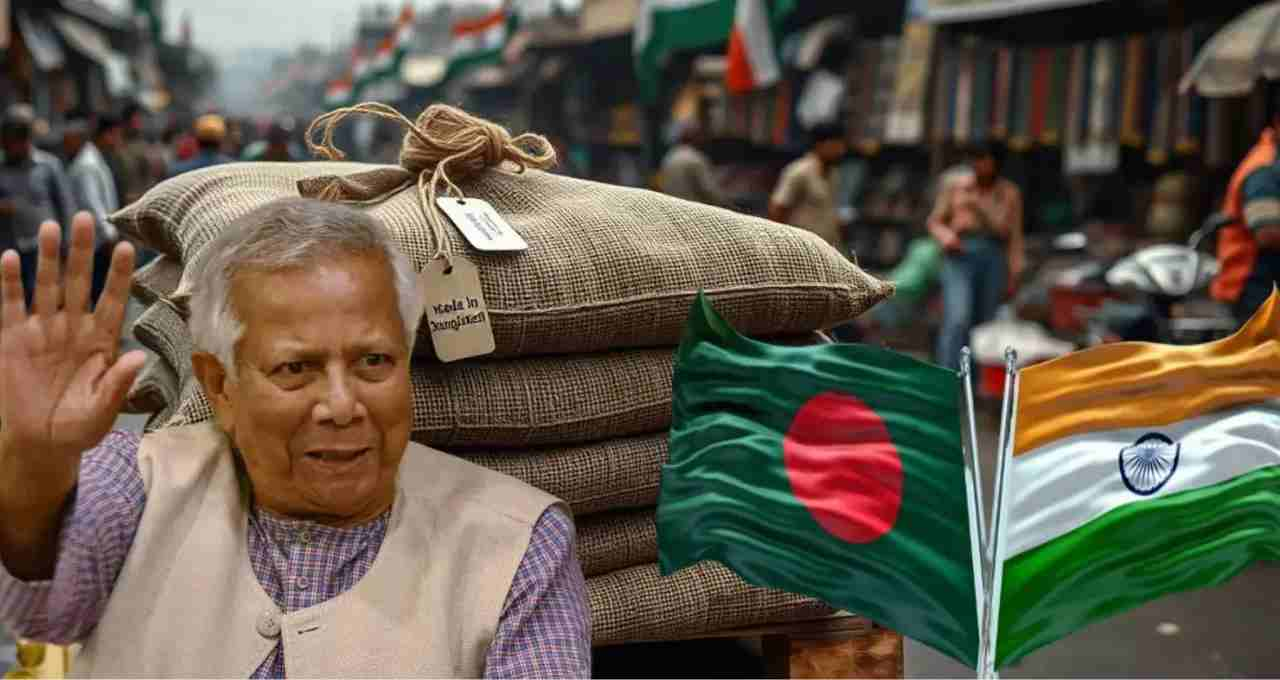
3. Not a Democratic Transition, but an Illegal Occupation of Power
The purpose of the interim government was to hold elections and hand over power to an elected government, but even after a year, neither elections have been held nor has any electoral process begun. Yunus adopted a strategy of repeatedly postponing elections. During this period, the Awami League, BNP, and military officers were sidelined. The new party, National Citizen Party (NCP), was formed, which is running in the shadow of Jamaat, and Yunus is its political face.
4. Not an End to Violence, but Havoc on Minorities
The biggest promise after the formation of the interim government was to bring peace and stability, but on the contrary, attacks on minorities have increased significantly. Hindus, Christians, Buddhists, Ahmadis, and Sufi Muslims have been targeted.
- Temples and churches were burnt
- Assassination or arrest of Awami League leaders
- Campaign to silence the media
5. Not Independent Policy, but Bangladesh Under Pressure from Pakistan and China
Today's Bangladesh is not behaving like an independent nation. Yunus's policies are directly serving the interests of Pakistan and China.
- Increased presence of ISI agents
- Contracts to Chinese companies without process
- Support to anti-India organizations
In the midst of all this, the economic condition of Bangladesh has become very bad – inflation is at its peak, and the supply chain has broken down.
A Warning Bell for India
India has been watching this whole development with patience and restraint for the past year. It was hoped that the democratic process would be restored soon. But now that the Yunus government is leaving no stone unturned to hurt Indian interests, and the Pakistan-China nexus has come out openly, the question arises – how long will India remain patient?
The current scenario in Bangladesh is a warning bell for India's strategic, economic, and cultural interests. This is no longer just a crisis of a neighboring country, but has become an issue of stability in South Asia.
